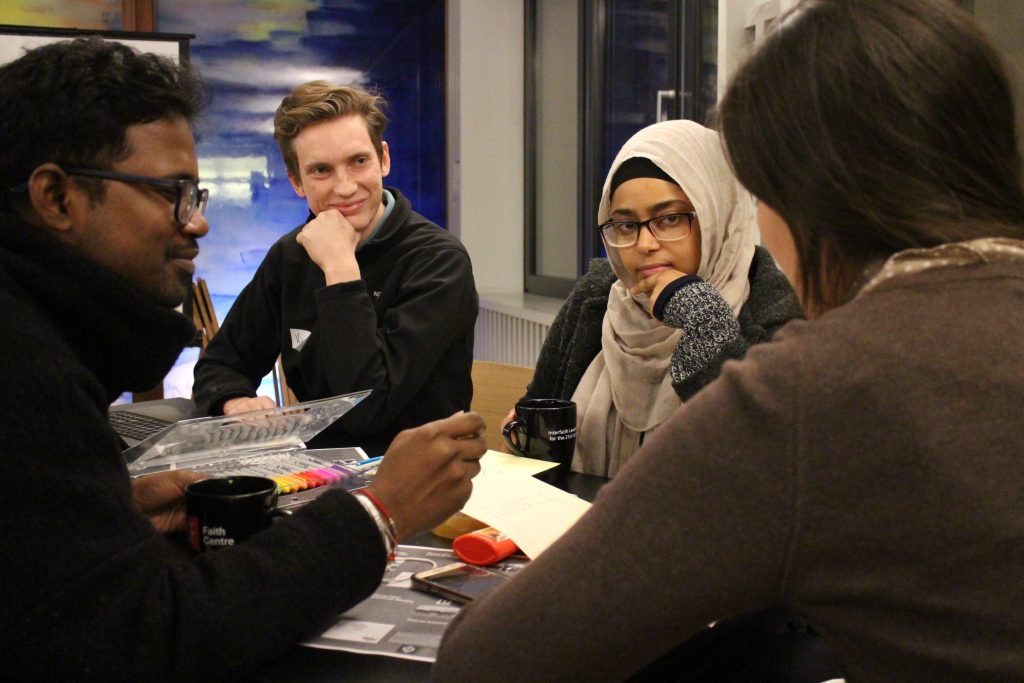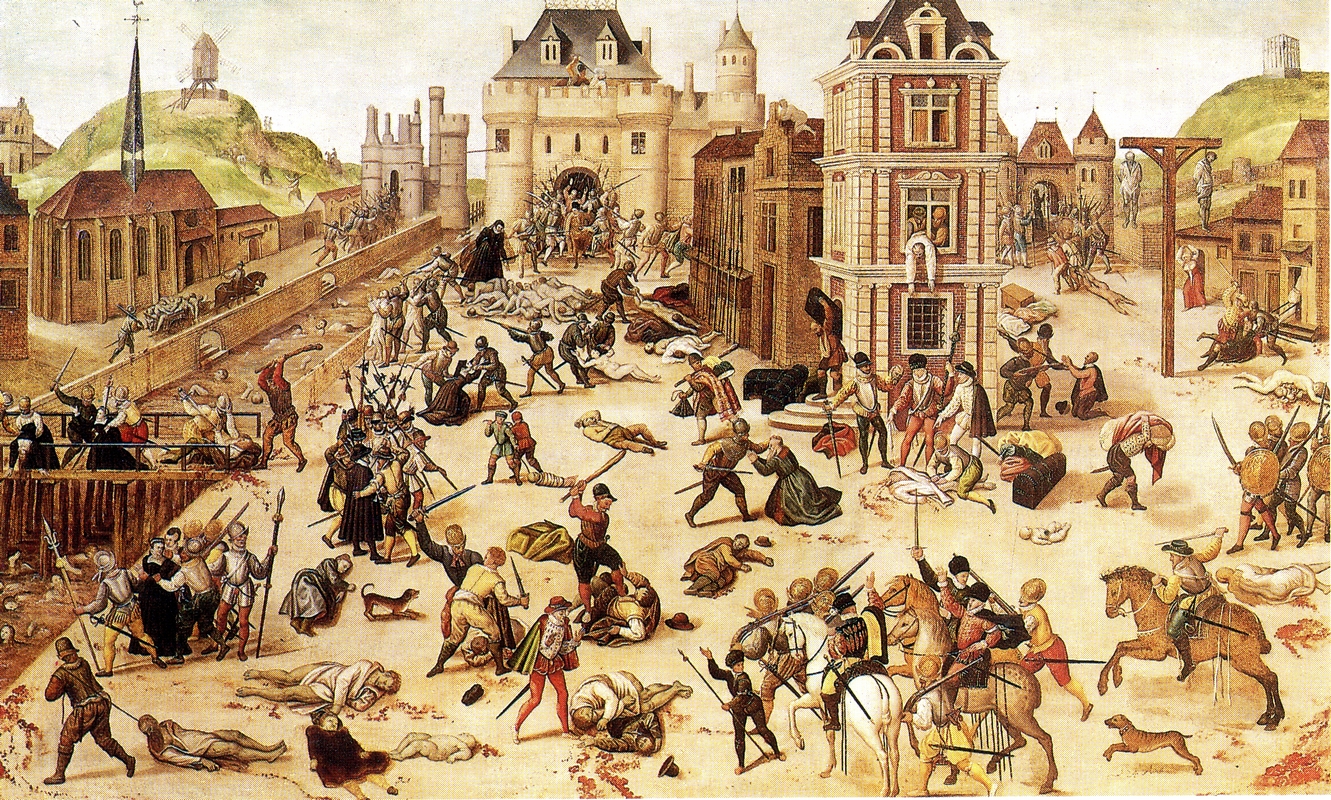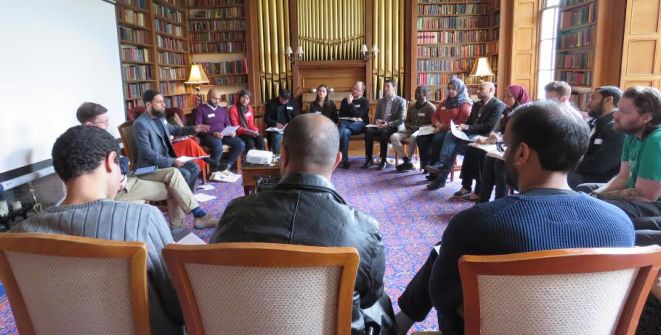As part of the Religion and Global Society’s Unit research project “Strengthening Religious Cooperation in Global London“, we hosted an online intergenerational youth conference. In the first session, groups of young people were tasked with developing a definition of interfaith, identifying leaders within the interfaith sector, and responding to a mock scenario, ranging from the London Bridge Attack to the 2012 Olympics. This scenario allowed the young people to creatively articulate interfaith responses reflective of their perspectives.
The second session brought in interfaith experts with decades of experience, representing numerous faith backgrounds. This resulted in something interfaith tends to lack – a vibrant intergenerational discussion. In this blog post, Joe Banfield and Esohe Uwadiae reflect on the conference, the importance of interfaith, and the value of intergenerational conversation.

Joe Banfield
What do you get when you put together a bunch of students and graduates and ask them to define ‘interfaith’? Plenty more questions than answers, it turns out. Having met each other via Zoom just minutes before, our group of twelve was soon able to open up a fruitful discussion, remarkably unafraid to challenge each other’s views in search of consensus. Our search led us towards intense linguistic scrutiny. Is interfaith about being ‘respectful’ of others’ faith and beliefs, we asked? Perhaps, but ‘respect’ doesn’t go quite far enough, and ‘faith’ is Christian-centric. ‘Tolerant’ didn’t stand a chance. “What right do we have to tolerate other people?”, someone asked, genuinely bewildered.
In the world of interfaith, ‘tolerant’ is tantamount to an insult. We must go much further: ‘appreciation’, ‘connection’, and ‘doing action together’ all came up. We cast aside ‘debate’ in favour of ‘dialogue’ and ‘conversation’. Not wanting to seem overly ‘tea and biscuitsy’, we emphasised ‘shared action’ and ‘solidarity’; an ‘orientation to the other’ that leads to ‘active engagement’. Eventually, we did put together a definition. “Meaningful dialogue and cooperative action between diverse faith and belief groups that aims towards solidarity, shared understanding, love, and unity.” I couldn’t say there was consensus behind it. “I definitely don’t love it”, someone commented, “but I don’t disagree with any individual part of it”. That, from twelve young people with as many perspectives, was a roaring success.
After a short break, we found ourselves in conversation about our definition – along with a handful of reflections on what it means to be an ‘interfaith leader’, and what are the necessary components of the future of interfaith – with a wide range of senior leaders in the interfaith world, among whom discussion was equally lively, free, and stuffed with diverse perspectives. Overall, it was a hugely refreshing and eye-opening way to spend a Saturday afternoon. Knowing that each of these community leaders, policy makers, and pioneers were willing to invest their wisdom and hopes in us, and equally willing to learn from ours, proved a welcome source of encouragement to us all. They say half of the battle is just showing up. In putting so much energy behind our being together, mid-lockdown and on Zoom, we showed that the future of intergenerational interfaith is perhaps stronger now than ever.
Esohe Uwadiae
As with every event that the Faith Centre is involved in, practical interfaith-focused action was at the heart of it. As raised by many of the attendees, it’s easy for terminology such as ‘interfaith’ to be rendered meaningless through its continued employment by groups for their own purposes, while lacking the necessary action needed for tangible change.
For this reason, it was wonderful to have the opportunity to be in a space with other people to consider how intergenerational interfaith work can be actualised by every person, regardless of your background or whether you have a position. Our discussions recognised how change works on an individual level and the ways we can be an example in our communities/spheres of influence.
There was a particular focus on the centrality of intersectional interfaith work in the healing of communities and the resolution of conflict, and the need for there to be a legitimising of faith and belief as a school of thought by which we analyse the world and develop policy in light of. I left the conference with hope for the future and a needed reminder of my role in this.
Note: This piece gives the views of the author, and not the position of the LSE Religion and Global Society blog, nor of the London School of Economics.





